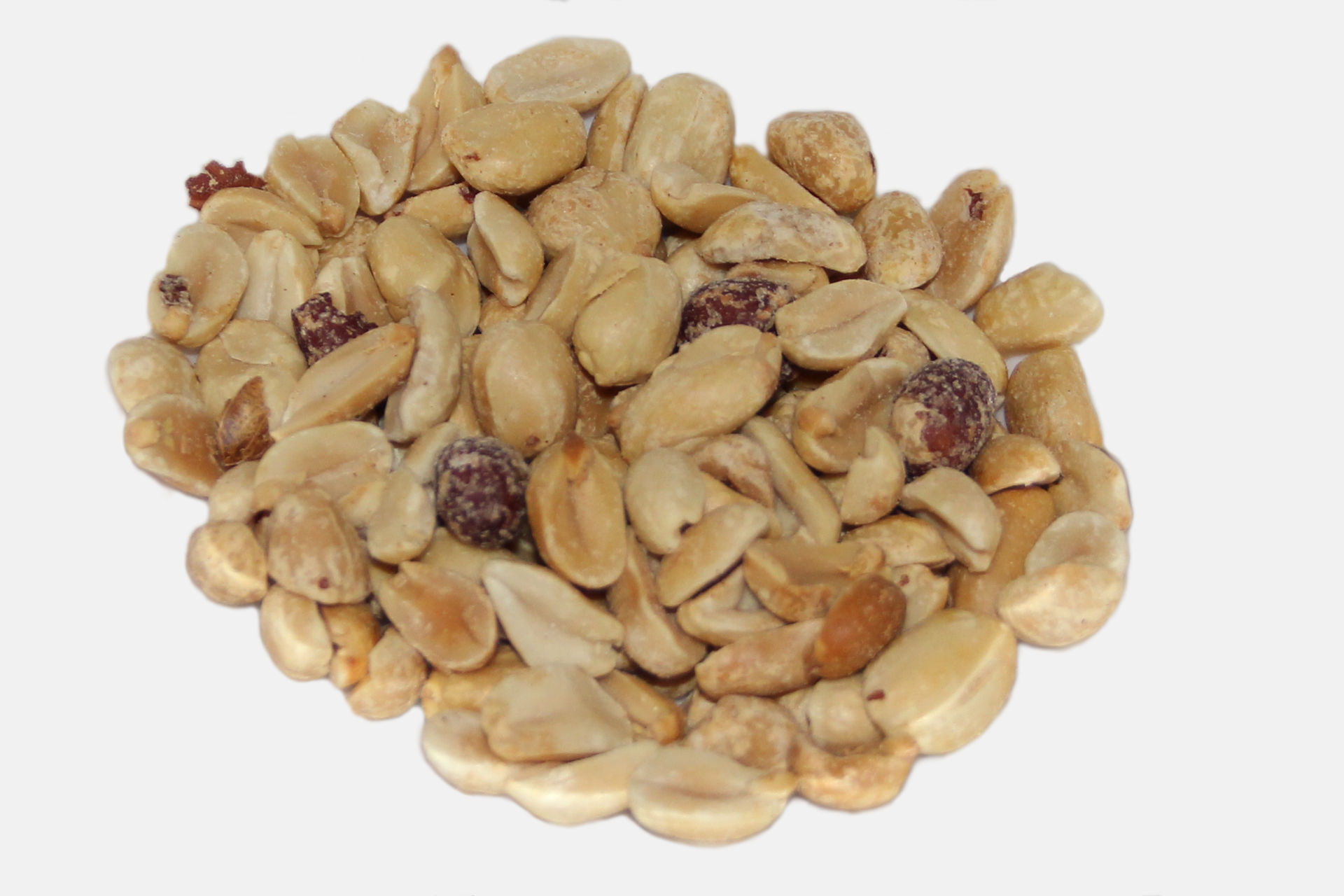I occasionally have an urge to snack on walnuts, cashews, pistachios, almonds, and other nuts. However, sometimes I refrain from buying them, because the prices seem expensive relative to other snacks.
I have developed a propensity towards frugality in some respects. I tend to want to buy generic and cheap items, and that often irks my wife. While she does not mind a frugal lifestyle, she reminds me that sometimes you have to be willing to pay more for things of quality.
It does seem that these days you really have to pay a premium for quality products, and that also applies to nutritional items and wholesome food.
While nuts may be pricey, they are not exorbitant considering that they are both tasty and good for your health.
Like most people, I was aware of the purported health benefits of nuts.
Nutritional guidelines and labels remind us that nuts are nutritious and good for you. Indeed, many believe that nuts may contribute to better cardiovascular health.
What I did not know, however, was that those cardiovascular benefits were not shown to be associated with minorities and people of different socioeconomic backgrounds. I had also not given much thought about the extent to which eating peanuts could actually help people live longer.
Well, the University of Vanderbilt (Vanderbilt University) recently announced that a new study that was conducted by researchers from Vanderbilt University and the Shanghai Cancer Institute found an association between eating nuts and lower mortality.
In its March 2, 2015 news announcement, Vanderbilt University stated that the study:
“examined the association of nut consumption with mortality among low-income and racially diverse populations and found that intake of peanuts was associated with fewer deaths, especially from heart disease.”
Interestingly, the news announcement noted that previous studies had found associations between eating nuts and lower mortality, but those studies focused on whites with higher incomes.
Vanderbilt University’s study is important, because it reveals that nuts are heart healthy for all races.
As the announcement stated:
“This study was the first to discover that all races – blacks, whites and Asians alike – could potentially increase heart health by eating nuts and peanuts.”
By the way, notice that they said nuts and peanuts. That’s because peanuts are not technically nuts.
As the Peanut Institute, an authority on peanuts, explains on its website:
“While ‘nut’ is in their name, peanuts are in fact legumes… Peanuts actually grow underground, as opposed to nuts like walnuts, almonds, etc. that grow on trees…”
In fact, Vanderbilt University points out that since “peanuts are much less expensive than tree nuts, as well as more widely available” to all people, eating more of them “may provide a potentially cost-efficient approach to improving cardiovascular health.”
Given that nuts and peanuts are nutrient-packed snacks that may help people live a longer life, I plan to eat them in moderation as part of my overall effort of living a healthy lifestyle.






